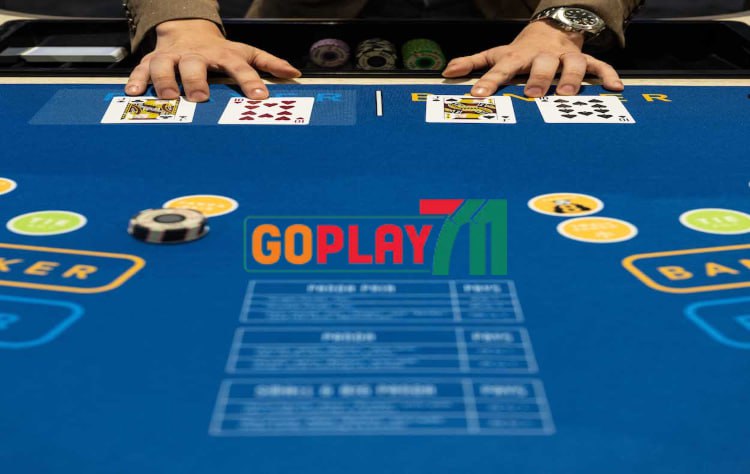As industries ranging from automotive to fashion seek innovative, sustainable alternatives to traditional leather, synthetic leather has become an essential material. For brands and manufacturers that rely on high-quality finishes and durability, finding the right synthetic leather supplier is more than a procurement decision—it’s a strategic partnership. Whether you are producing upholstery, footwear, car interiors, or accessories, selecting a reliable synthetic leather manufacturer can significantly impact product quality, brand reputation, and operational efficiency. One name gaining increasing recognition in this space is taite, known for providing top-grade synthetic leather solutions to global clients. Below are the key considerations every business should evaluate before forming a partnership.
Assess the Manufacturer’s Production Capabilities
Before establishing a partnership, it is important to evaluate a manufacturer’s production capacity and technical capabilities. Can they deliver large volumes consistently? Are they equipped with modern machinery for coating, embossing, and lamination processes? Do they invest in R&D to keep up with the latest synthetic leather innovations? A reliable partner like taite ensures consistent output while offering the technical depth to meet both standard and customized product requirements. Understanding the manufacturer’s ability to scale and adapt to demand fluctuations will prevent future supply chain disruptions.
Understand Material Quality and Performance Standards
Quality should be non-negotiable when selecting a synthetic leather manufacturer. High-performance synthetic leather must meet specific standards depending on its application. For automotive and furniture industries, properties such as abrasion resistance, UV protection, flame retardancy, and flexibility are vital. In the fashion sector, appearance, softness, and durability are key. When working with taite, businesses can rely on well-documented performance metrics and rigorous quality control checks. Make sure the manufacturer can provide certifications and samples for independent testing before committing to any large orders.
Prioritize Sustainability and Environmental Responsibility
Today’s consumers are environmentally conscious, and brands must align with sustainable practices to remain competitive. Many traditional leather processes are environmentally harmful, involving chemicals and animal-derived components. Synthetic leather manufacturers should be adopting cleaner alternatives, including water-based PU, recycled polymers, and solvent-free processes. Taite has taken significant steps toward sustainability by offering eco-friendly synthetic leather that meets global standards such as REACH and RoHS compliance. When evaluating partners, ask about their manufacturing emissions, energy use, recycling policies, and whether their materials are vegan and cruelty-free.
Check Customization and Design Flexibility
Customization is increasingly vital in differentiating products in competitive markets. Synthetic leather offers a wider range of finishes, colors, and textures than natural leather, but only if the manufacturer has the right capabilities. Can they accommodate custom patterns, perforations, or dual-tone coloring? Do they offer prototyping services for new product development? Taite, for example, offers extensive customization options tailored to various industries, ensuring brands can maintain unique aesthetics without sacrificing performance. Design flexibility is particularly important for fashion, automotive, and furniture brands aiming to stay ahead of trends.
Evaluate Lead Times and Global Logistics
Efficient logistics and manageable lead times are key to maintaining a stable production schedule. Delays in material delivery can stall manufacturing, cause stockouts, and damage customer relationships. Evaluate how quickly the manufacturer can respond to new orders, the size of their inventory, and their global shipping capabilities. Taite stands out for its reliable lead times and global logistics support, ensuring clients around the world receive their orders on schedule. Additionally, manufacturers should be transparent about minimum order quantities and provide clear ETAs for production and delivery.
Consider Cost Transparency and Pricing Structure
While cost should never compromise quality, it is still a critical factor. A trustworthy synthetic leather manufacturer should offer transparent pricing without hidden charges. Costs should reflect material quality, order size, customization, and shipping. It’s essential to understand whether pricing is competitive for both small-scale and bulk orders. Taite is known for its balanced pricing model, which provides value for money while maintaining high production standards. Be wary of manufacturers offering unusually low prices, as they may cut corners on quality or sustainability.
Review Compliance with International Standards
Depending on your target market, synthetic leather products must comply with local or international regulations. This includes restrictions on certain chemicals, flammability standards, and even labeling requirements. Non-compliance can lead to costly recalls, fines, or even bans in certain regions. Ensure your manufacturing partner can provide full compliance documentation, safety data sheets, and third-party test reports. Taite’s products meet a variety of regulatory benchmarks, which simplifies compliance for businesses operating in Europe, North America, and Asia.
Assess Communication and Technical Support
Good communication is essential for long-term collaboration. Language barriers, delayed responses, and misaligned expectations can derail your projects. Manufacturers like taite emphasize client support and assign dedicated account managers to ensure clarity and responsiveness throughout the ordering and production process. Also, evaluate whether the manufacturer offers technical consultation. For example, do they help determine which materials best fit your application? A knowledgeable team can help you save time, reduce prototyping costs, and ensure your products perform optimally in the field.
Investigate Reputation and Client Portfolio
Lastly, do your due diligence. Check the manufacturer’s reputation, years in business, client testimonials, and portfolio of completed projects. A well-established supplier like taite has a diverse client base and a track record of successful partnerships across industries. This is a strong indicator of reliability, experience, and market adaptability. Don’t hesitate to ask for references or case studies. You can also explore industry forums and trade show appearances to see how they are perceived within the manufacturing ecosystem.
Conclusion
Choosing the right synthetic leather manufacturer is a strategic decision that influences every aspect of your product line, from design and cost to sustainability and compliance. As synthetic leather continues to replace traditional animal-based materials, brands must partner with manufacturers who not only provide superior products but also understand market trends, industry regulations, and environmental responsibilities. Taite offers a compelling solution for businesses looking to source high-quality, customizable, and eco-conscious synthetic leather. By considering the factors outlined above, you can make an informed decision that strengthens your supply chain and supports your long-term growth goals.






